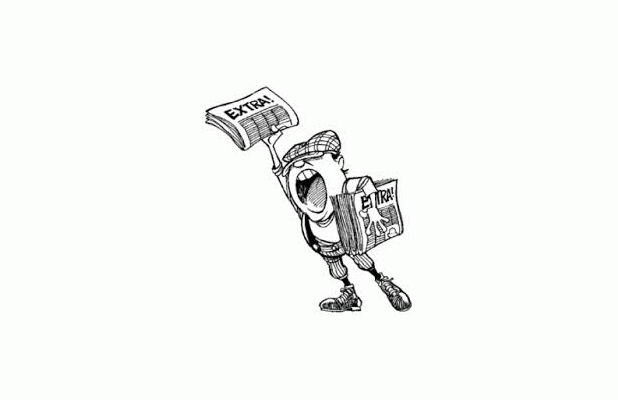Warn-range blows lead to licence suspension
Ontario drivers will face longer licence suspension and other measures if they register breath alcohol readings on a roadside screening device in the “warn range” of between 50 and 99 mgs of alcohol in 100 ml of blood. The new sanctions also will apply to those who register warn-range readings on an approved instrument at the police station.
Amendments to the Highway Traffic Act that take effect on May 1, 2009, will replace the 12-hour suspension now imposed for a “warn” with escalating penalites, starting with a three-day licence suspension for a first caution.
Remedial program
A second warning will lead to a seven-day licence suspension and a requirement that the driver enrol in a remedial alcohol education program.
Any driver caught three or more times will face a 30-day licence suspension and a remedial program.
In determining whether a suspension is a first, second or subsequent suspension, only previous suspensions that took effect within the past five years, and since May 1, 2009, are taken into account.
Further licence suspension
The driver’s licence of a person who is required to participate in a remedial program will be suspended if the person fails to successfully complete the program within 120 days in the case of a second suspension or 180 days in the case of a third or subsequent suspension.
After a third or subsequent suspension, a driver may be required to instal an ignition interlock device for six months upon licence reinstatement.
The ministry will begin to record suspensions for warn-range blows on drivers’ records along with driving infractions and other suspensions.
Driver can demand re-test
Roadside screening devices are typically calibrated to register a “warn” (or “alert”) at blood alcohol levels of between 50 and 99 mgs of alcohol in 100 ml of blood. A “fail” registers when a level of 100 mgs of alcohol in 100 ml of blood or more is detected. A “pass” registers when the device detects a level under 50 mgs.
A driver who registers a fail will be arrested for the criminal offence of Drive Over 80 mgs and subjected to further breath tests to determine the level of alcohol in his or her blood. If readings in excess of 80 mgs in 100 ml of blood are registered, police will criminally charge the driver and issue a 90-day “administrative” driver’s licence suspension.
A driver who registers a warn on a roadside screening device can require police to perform another test. The second test result governs; if it’s a pass, the driver will not be penalized.
Boaters face same penalties
The amendments also apply to snowmobilers and boaters. (Impaired snowmobiling and boating carry the same penalties as being drunk behind the wheel of a car, including a minimum one year driver’s licence suspension.)
Under the amendments, a driver whose licence has been suspended for blowing a warn must pay an “administrative monetary penalty” of $150 before reinstatement can occur. (Those failing a roadside breath test have had to pay the penalty since 2007.) The driver’s licence may be cancelled at the end of the suspension if the penalty is not paid.










